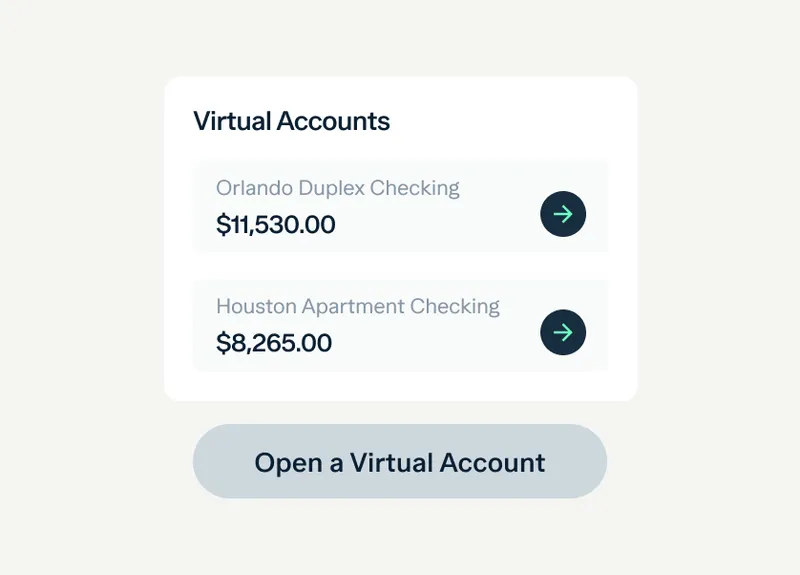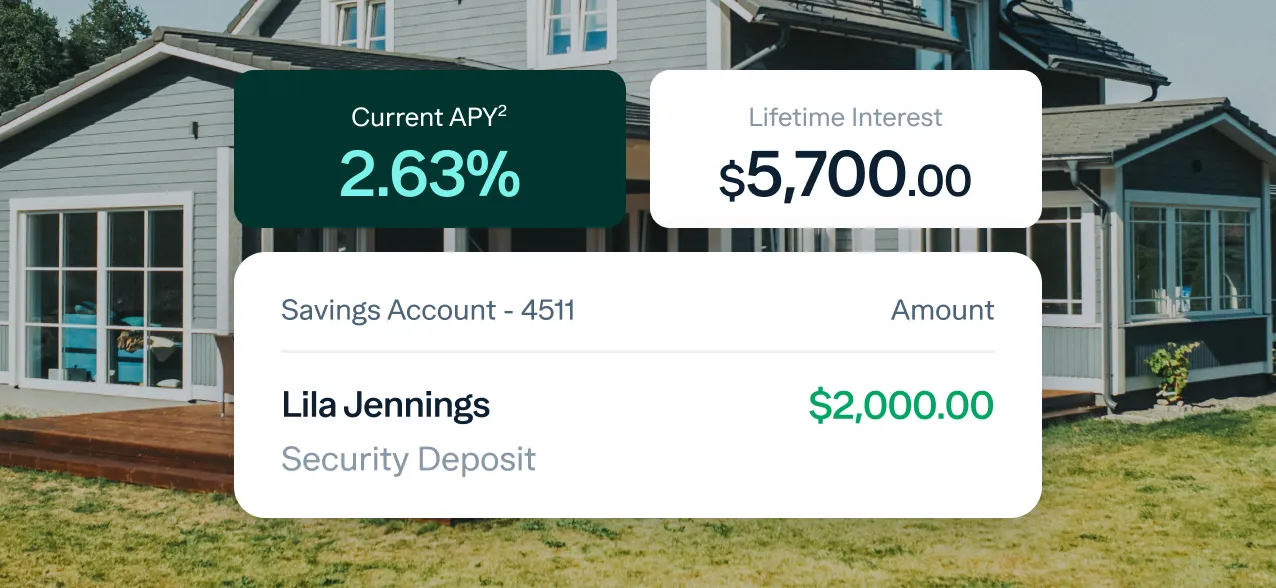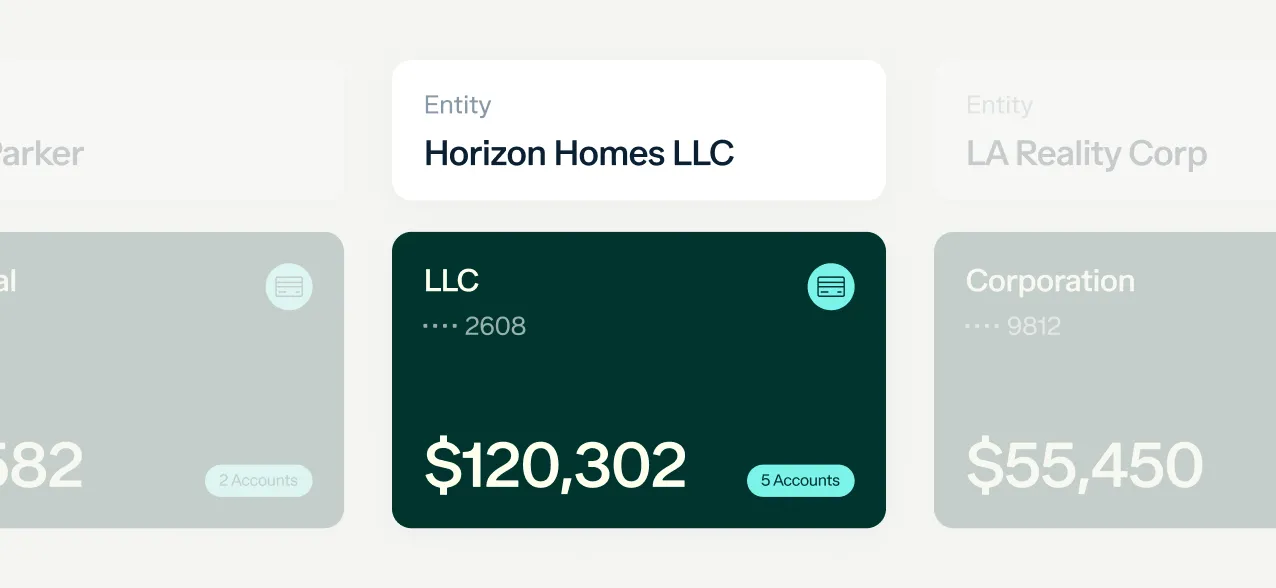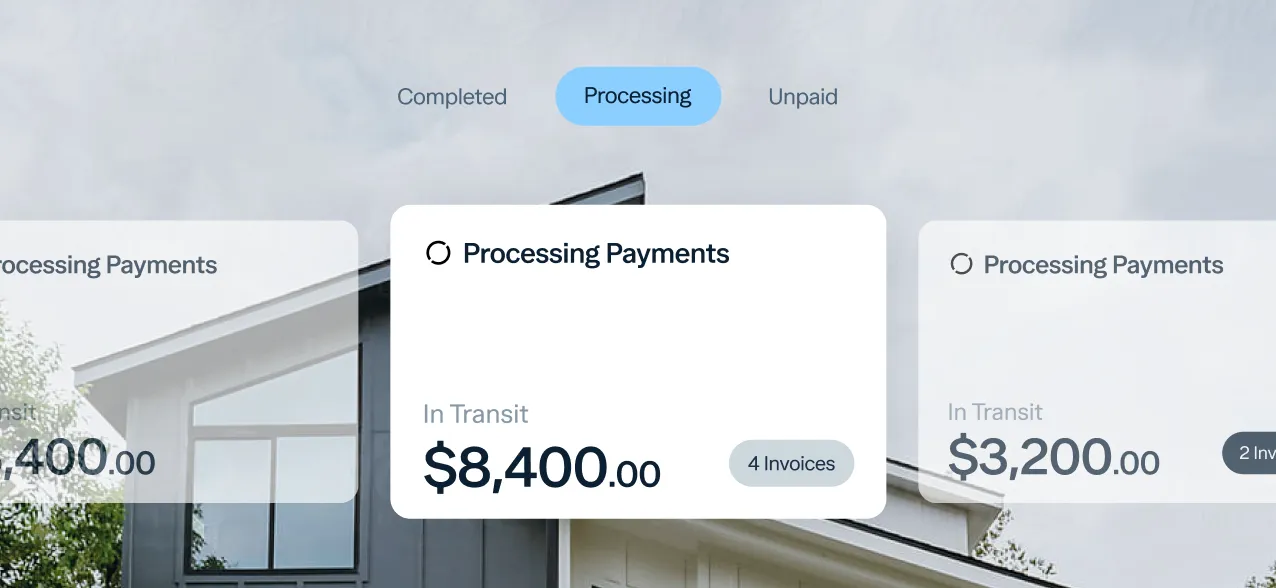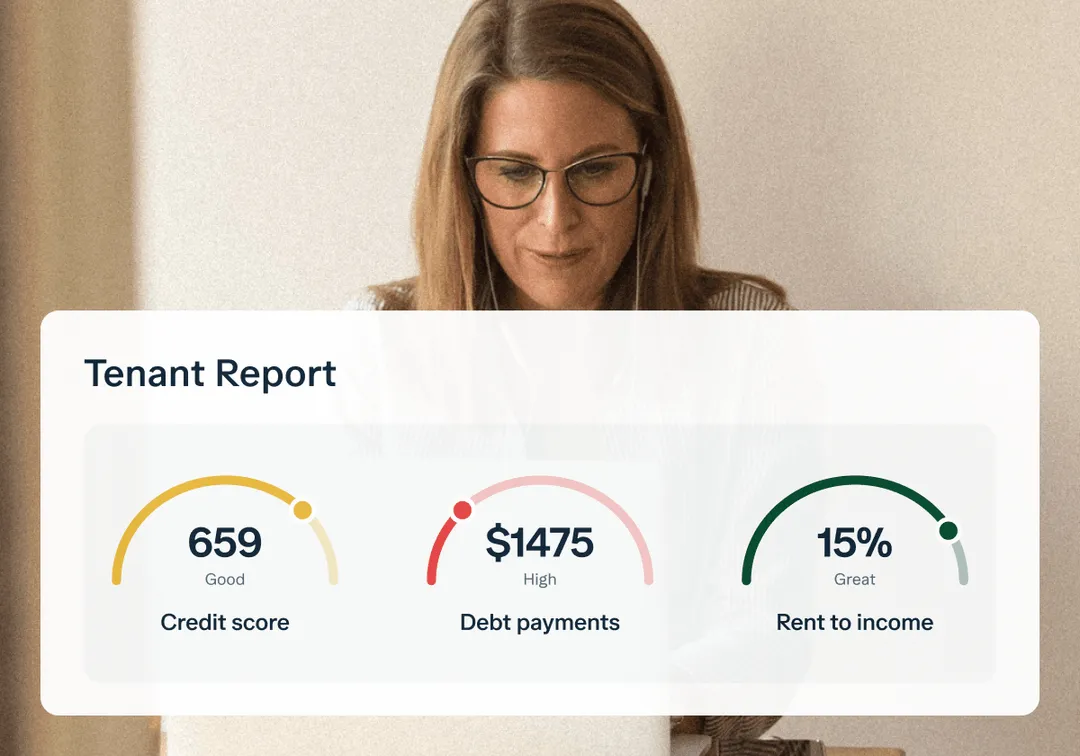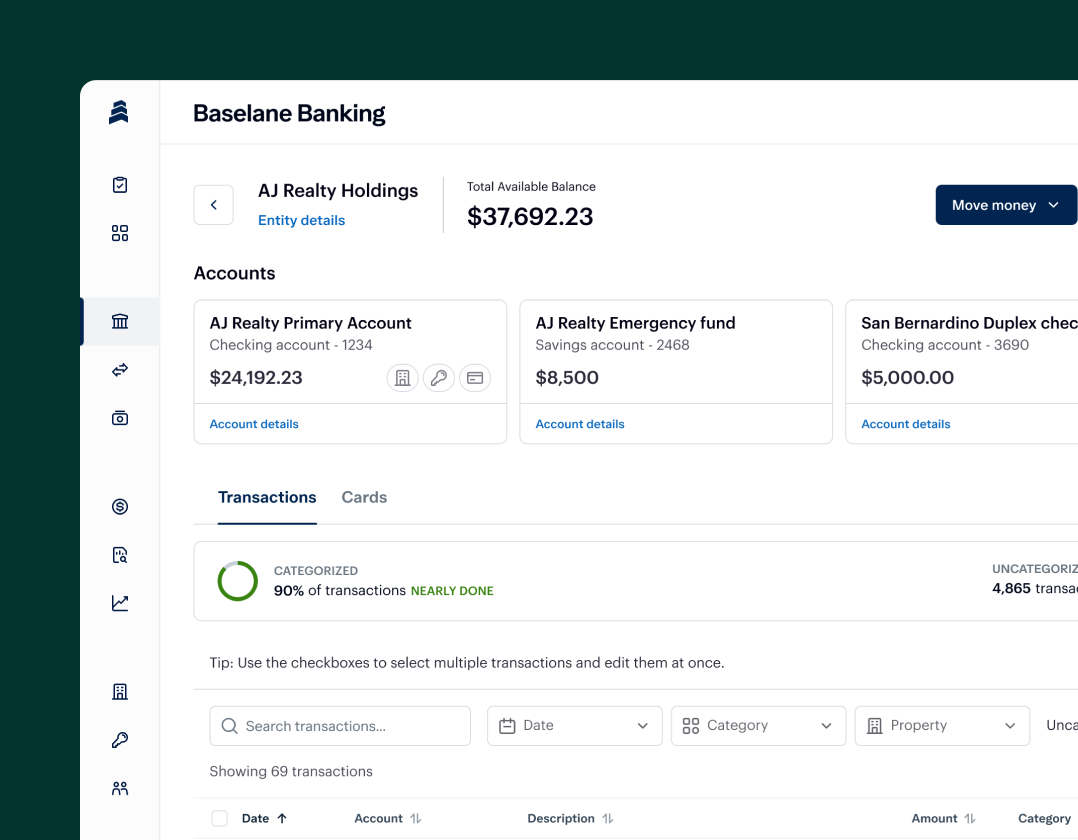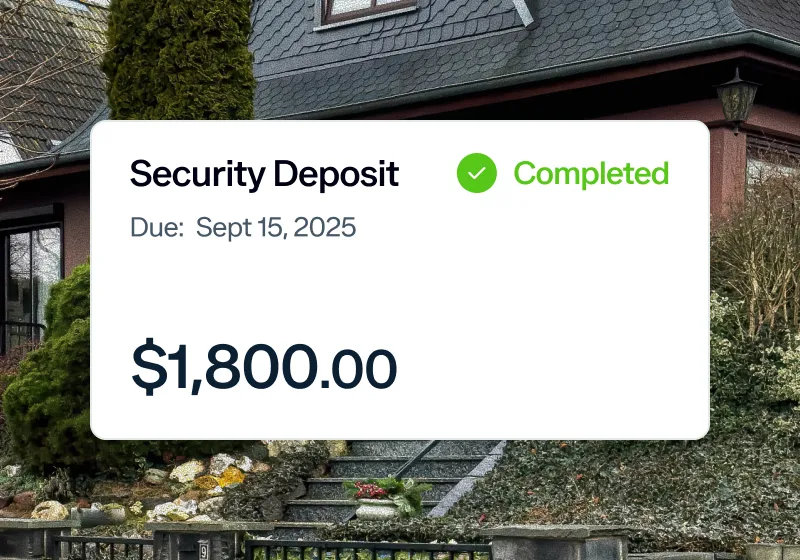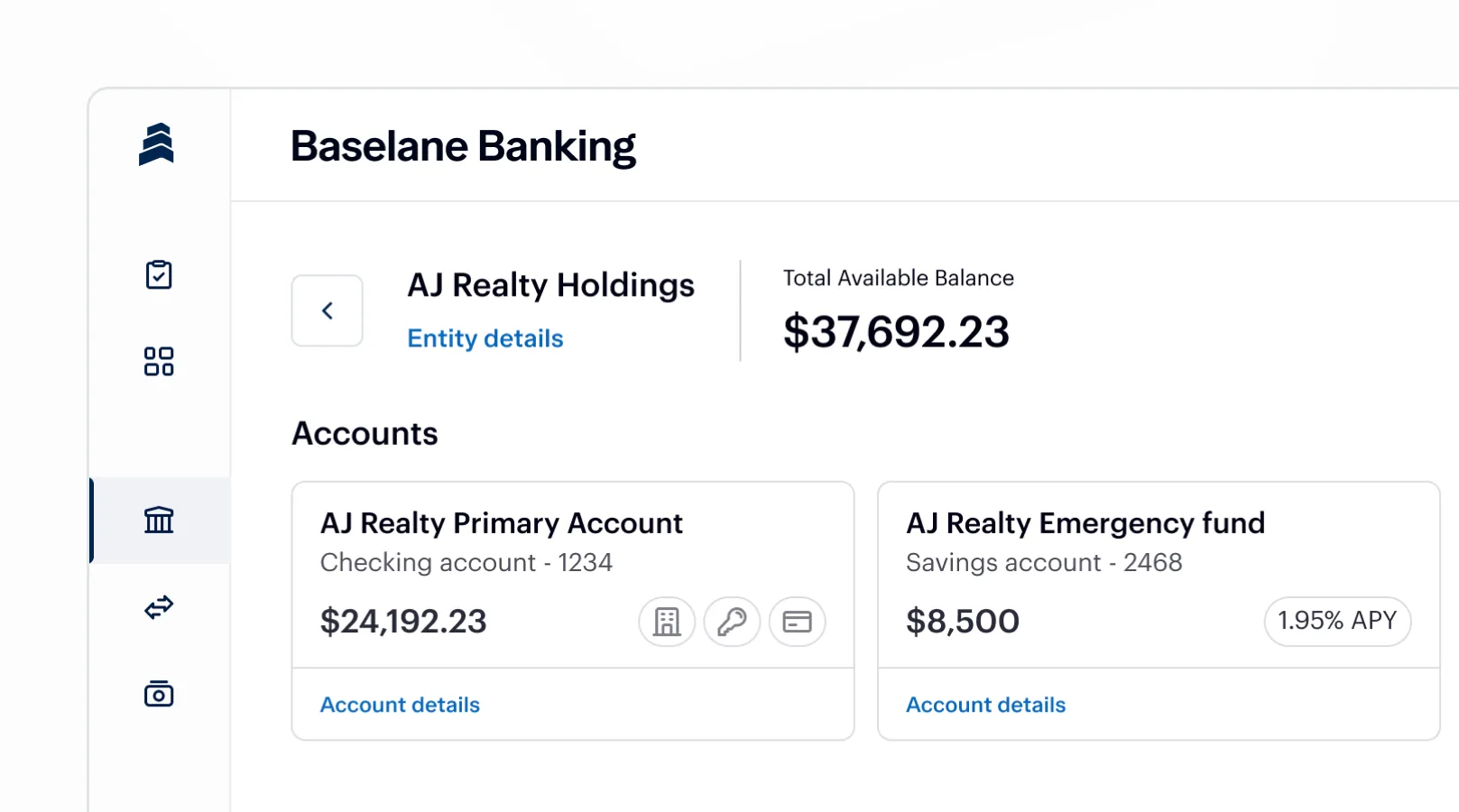In New Hampshire, landlords can charge up to one month’s rent as a tenant security deposit, unless the monthly rent exceeds $3,000, in which case there is no limit. Deposits must be returned within 30 days after move-out, along with an itemized list of deductions and any interest accrued for tenancies over one year.
Security deposit rules in {{ state }}
Limit: In New Hampshire, landlords may collect a tenant security deposit of up to one month’s rent or $100, whichever is greater. However, if the monthly rent exceeds $3,000, there is no legal limit on the tenant deposit amount. The total deposit must be clearly stated in the lease agreement, and landlords must manage the funds responsibly through a proper security deposit bank account in New Hampshire to comply with state law.
Return Deadline: The landlord must return the tenant security deposit, along with any accrued interest, within 30 days after the tenant vacates the property. If deductions are made, an itemized list detailing damages and associated costs must be included. Failure to return the tenant deposit or provide an itemized list within 30 days may result in the landlord being liable for double the amount wrongfully withheld.
Acceptable Deductions: The tenant security deposit may be used to cover unpaid rent, late fees, damages beyond normal wear and tear, cleaning expenses, and other legitimate costs necessary to restore the unit to its original condition. Landlords must include receipts, invoices, or written estimates for any deductions.
Where to Deposit: Landlords in New Hampshire are required to hold tenant deposits in a separate, interest-bearing escrow account at a financial institution located within the state. The landlord must provide the tenant with written notice of the bank’s name and address within 30 days of receiving the deposit. Interest accrued on the deposit must be paid annually to the tenant or credited toward rent. Using a security deposit escrow account in New Hampshire or a landlord tenant security deposit bank account in New Hampshire ensures full compliance with state law and proper safeguarding of tenant funds.














